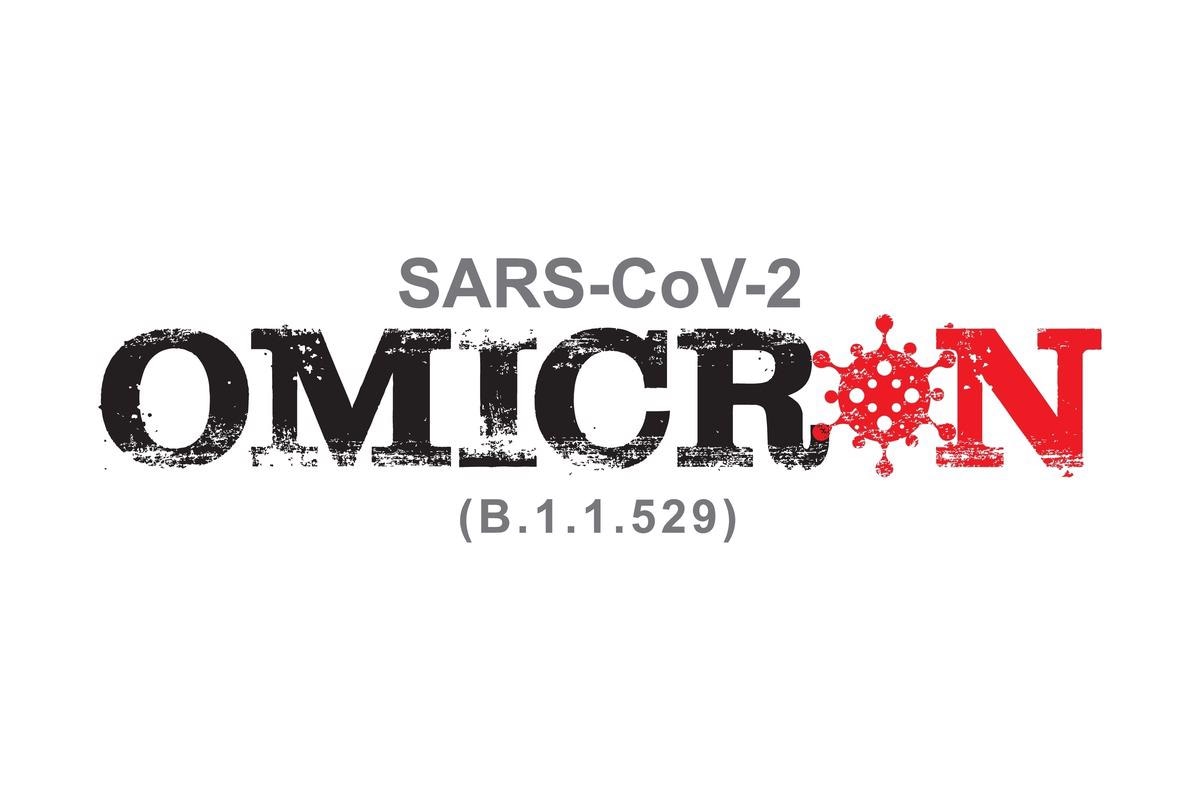
Scientists expect the Omicron variant to overtake Delta as the dominant severe acute respiratory syndrome coronavirus 2 (SARS-CoV-2) variant, raising concerns about how effective coronavirus disease 2019 (COVID-19) vaccines are against infection.
 Study: SARS-CoV-2 Omicron variant escapes neutralization by vaccinated and convalescent sera and therapeutic monoclonal antibodies. Image Credit: Aam360/Shutterstock
Study: SARS-CoV-2 Omicron variant escapes neutralization by vaccinated and convalescent sera and therapeutic monoclonal antibodies. Image Credit: Aam360/Shutterstock
Currently, an unprecedented number of breakthrough cases in fully vaccinated individuals are increasing in countries where Omicron is spreading. While the data is still premature, there is also a possibility that Omicron can cause reinfections in people with naturally acquired immunity.
A new study published in the medRxiv* preprint server measured antibody levels from blood samples of vaccinated individuals and individuals who recovered from COVID-19 illness. Their findings showed Omicron caused a 27-fold reduction in neutralization in samples that had received two-dose Pfizer-BioNTech vaccination. The neutralizing activity also decreased in patients who received antibodies after recovering from the Delta infection.
Background
The Omicron variant raised alarms in late November after scientists in South Africa identified a surge in coronavirus infections and reinfections. In contrast to Delta, the Omicron variant has about 26 to 32 mutations from the spike protein, including mutations associated with evading the immune response. On November 26, the World Health Organization labeled Omicron as a ‘variant of concern.’
While vaccines no longer have 90% efficacy, vaccines continue to be a valuable resource against severe infection and hospitalization. There are currently no plans to create a variant-specific vaccine, as other scientists suggest boosters and T-cell immunity provide considerable protection against Omicron. Additionally, the study suggests engineered angiotensin-converting enzyme 2 (ACE2) decoys show therapeutic potential in limiting Omicron’s spike protein binding to ACE2 receptors, resulting in a decreased viral entry in cells.
The study
The researchers engineered a pseudotyped virus containing the Omicron variant’s spike protein to measure its ability to evade immune response against neutralizing antibodies acquired from Pfizer-BioNTech vaccination and convalescent samples.
In serum samples from 8 fully vaccinated individuals, the researchers observed 27-fold lower neutralization titers against Omicron than the D614G mutation (found in the original SARS-CoV-2 strain).
Antibodies from blood donated by people who recovered from SARS-CoV-2 illness before the outbreak of Delta showed a 47-fold reduction in neutralization. In convalescent serum samples after the emergence of Delta, there was a 17-fold reduction.
Five patients’ samples showed a 10-fold reduction against the Omicron variant three months after full vaccination.
Since the introduction of the original SARS-CoV-2 strain discovered in Wuhan, China, researchers have developed monoclonal antibody cocktails to treat COVID-19 infections. However, how the coronavirus treatments fare up against the Omicron variant remains poorly understood.
The research team studied the effectiveness of the monoclonal antibody cocktail containing imdevimab, casirivimab, and sotrovimab, which is approved for medical use in Japan. Results showed that the monoclonal antibody cocktail was futile in neutralizing the Omicron variant.
However, administering an engineered ACE2 showed partial therapeutic potential. The ACE2 decoy limited binding affinity to the native ACE2 receptor, resulting in lowered infectivity. The engineered ACE2 decoy was slightly better at neutralizing Omicron than the original SARS-CoV-2 strain.
*Important notice
medRxiv publishes preliminary scientific reports that are not peer-reviewed and, therefore, should not be regarded as conclusive, guide clinical practice/health-related behavior, or treated as established information.
-
Ikemura, N. et al. (2021) "SARS-CoV-2 Omicron variant escapes neutralization by vaccinated and convalescent sera and therapeutic monoclonal antibodies". medRxiv. doi: 10.1101/2021.12.13.21267761. https://www.medrxiv.org/content/10.1101/2021.12.13.21267761v1
Posted in: Medical Science News | Medical Research News | Disease/Infection News
Tags: ACE2, Angiotensin, Angiotensin-Converting Enzyme 2, Antibodies, Antibody, binding affinity, Blood, Cell, Coronavirus, Coronavirus Disease COVID-19, Efficacy, Enzyme, Immune Response, immunity, Monoclonal Antibody, Mutation, Protein, Pseudovirus, Receptor, Research, Respiratory, SARS, SARS-CoV-2, Severe Acute Respiratory, Severe Acute Respiratory Syndrome, Sotrovimab, Spike Protein, Syndrome, T-Cell, Vaccine, Virus

Written by
Jocelyn Solis-Moreira
Jocelyn Solis-Moreira graduated with a Bachelor's in Integrative Neuroscience, where she then pursued graduate research looking at the long-term effects of adolescent binge drinking on the brain's neurochemistry in adulthood.
Source: Read Full Article